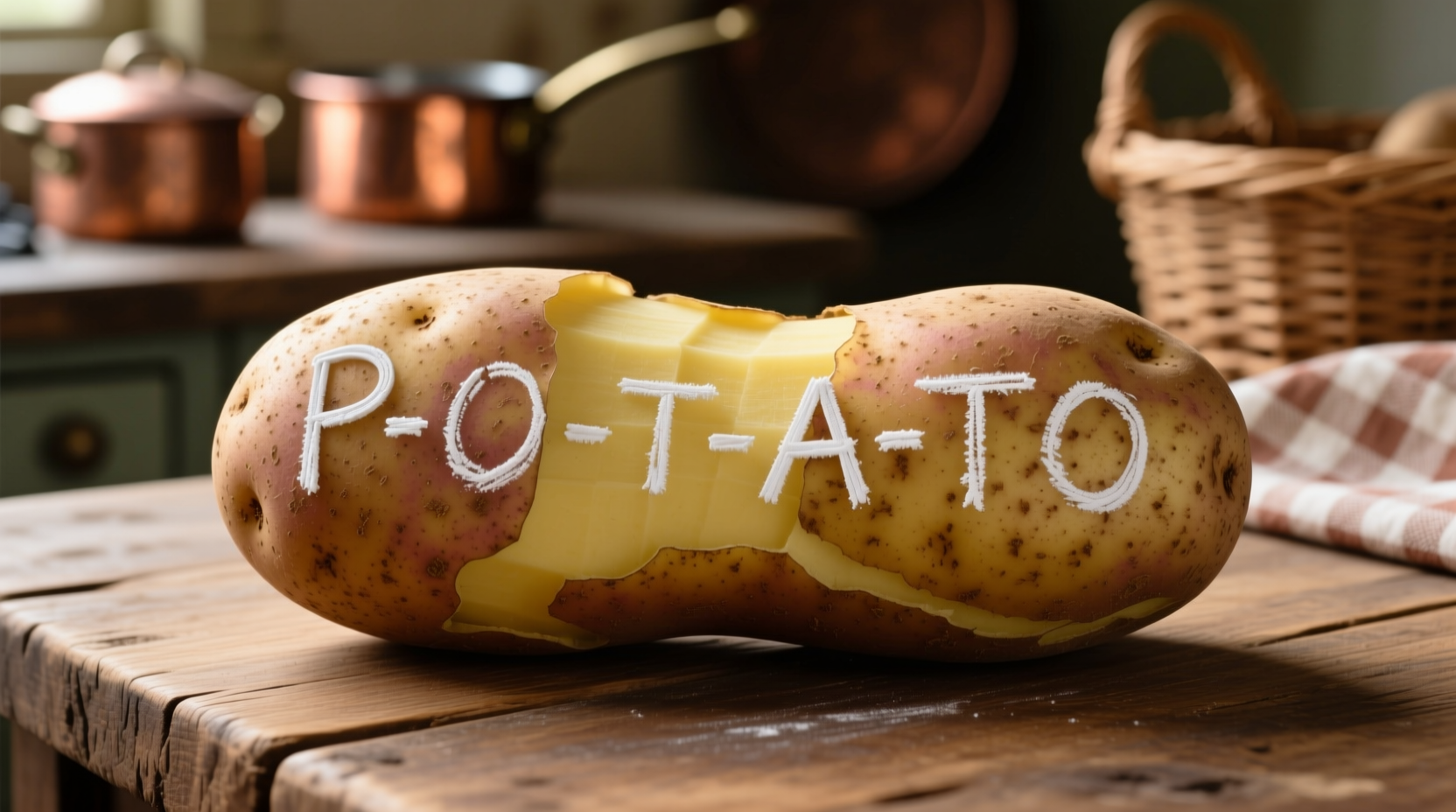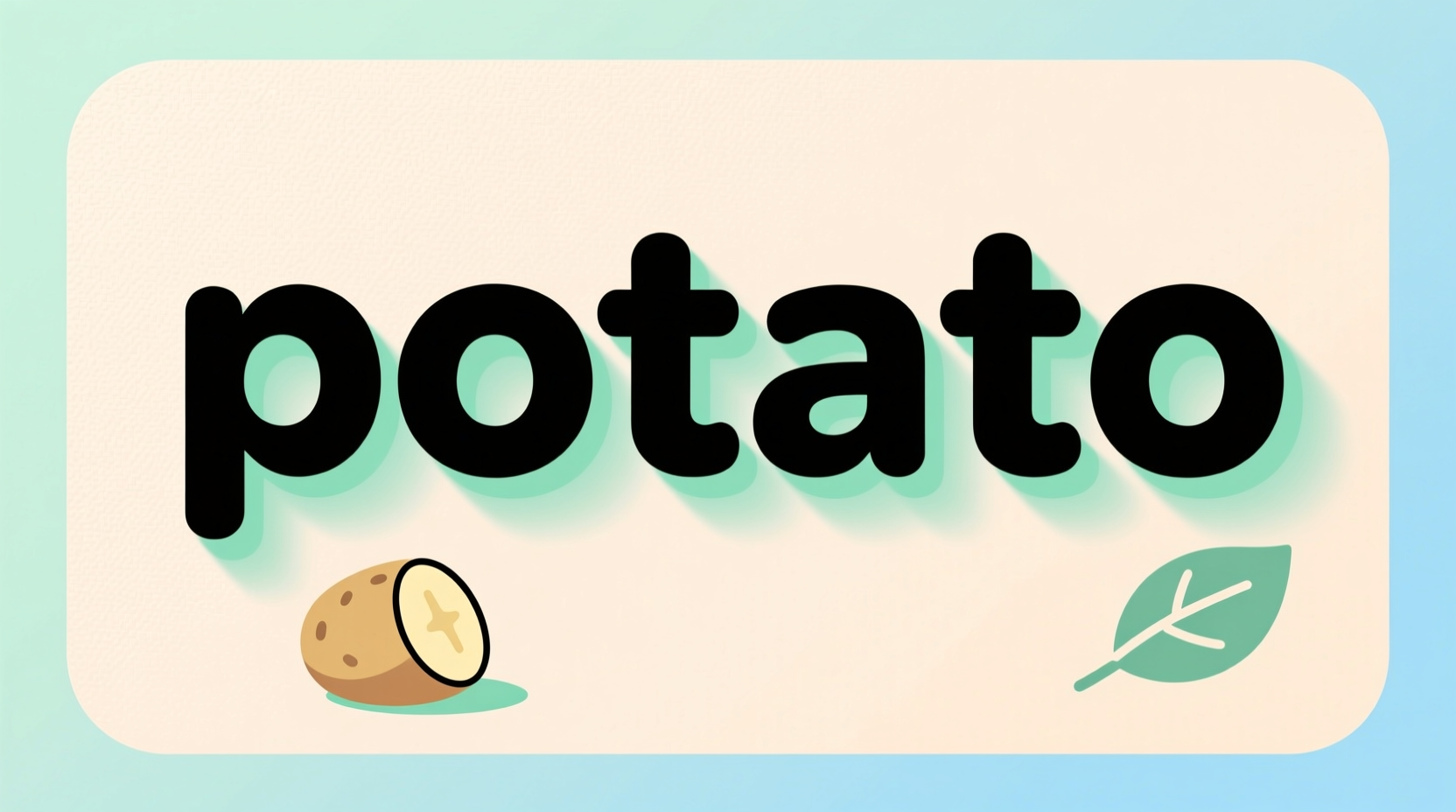Confused about whether to add an "e" at the end? You're not alone. "How do I spell potato" ranks among the most common spelling queries online, with thousands searching for confirmation each month. This simple word trips up even native English speakers due to its unusual vowel pattern and common misspellings that seem more intuitive.
Why People Get Potato Spelling Wrong
The confusion stems from English spelling patterns where many words ending in "o" do add an "e" in certain contexts (like "tomato" becoming "tomatoes" in plural form). However, "potato" follows different rules. Linguistic experts confirm that the singular form never includes an "e" at the end - a fact that contradicts what many intuitively expect.
| Common Misspelling | Correct Spelling | Why It's Wrong |
|---|---|---|
| potatoe | potato | Unnecessary "e" added (influenced by plural "potatoes") |
| potatos | potatoes | Missing "e" in plural form |
| potatoo | potato | Double "o" error (confusion with words like "zoo") |
Word Evolution: From Tuber to Text
The word "potato" entered English in the late 16th century from Spanish "patata," which itself came from the Taino word "batata" (referring to sweet potatoes). Historical linguists at Oxford University note that early English spellings varied wildly - including "potato," "potatow," and "potatoe" - before standardizing to the current form by the 1800s. This evolution explains why the "potatoe" spelling persists in some historical documents and continues to confuse modern writers.
Practical Spelling Tips You Can Use Today
When wondering how do I spell potato correctly, try these memory aids:
- The "No E" Rule: Remember that only the plural form "potatoes" adds an "e" before the "s"
- Visualize the Vegetable: Picture a real potato - its rough, uneven skin has no extra "e" sticking out
- Rhyme Reminder: "A potato's not a tomato - no extra 'e' will you see, oh!"
When Context Changes Everything
While "potato" never takes an "e" in standard English, certain contexts create exceptions. In informal texting or social media, "potatoe" sometimes appears as intentional misspelling for humorous effect. Additionally, some regional dialects and non-native English speakers may use "potatoe" consistently. However, for academic writing, professional communication, and standardized testing, "potato" without the "e" remains the only correct spelling.
Understanding how to spell potato correctly matters because consistent spelling builds credibility in your writing. Whether you're drafting a recipe, completing homework, or writing professionally, getting this common word right prevents unnecessary distractions for your readers. The next time you're uncertain about potato spelling, remember: no extra "e" needed for the singular form!

Common Questions About Potato Spelling
Even after learning the correct spelling, you might still have questions. Here are answers to the most frequent queries:











 浙公网安备
33010002000092号
浙公网安备
33010002000092号 浙B2-20120091-4
浙B2-20120091-4